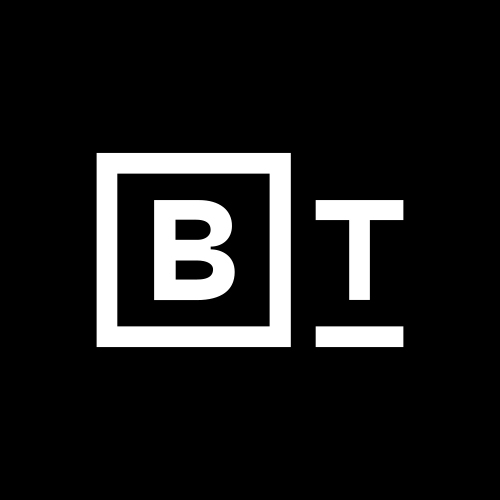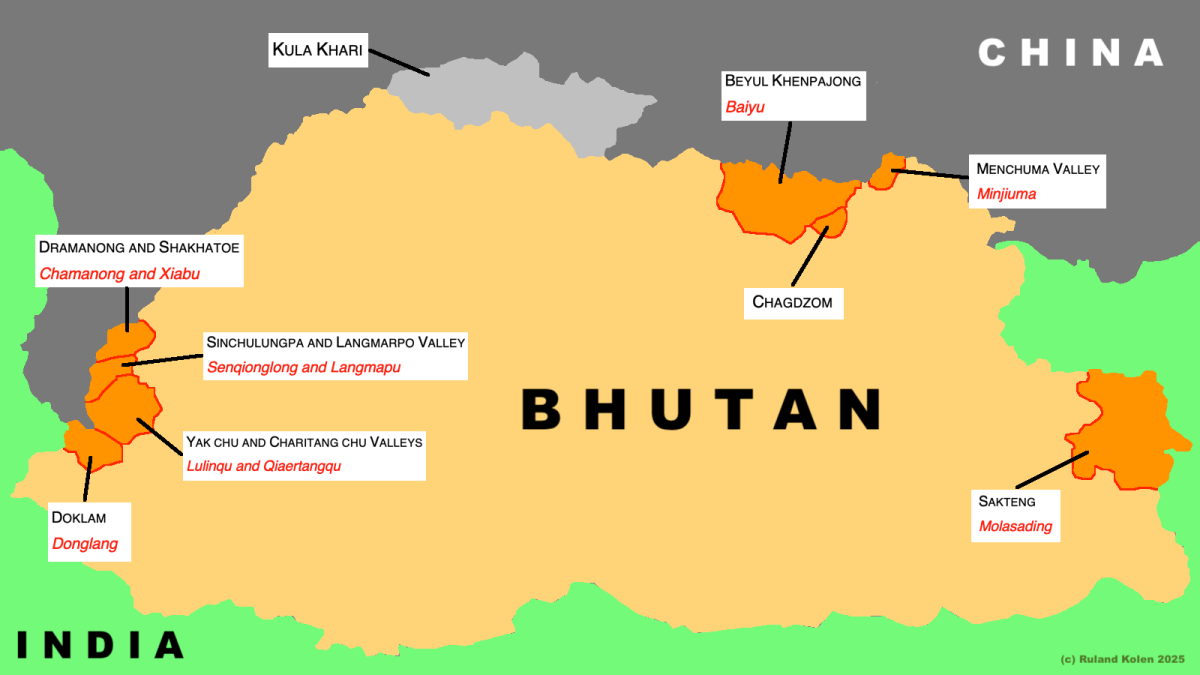with Stephen Johnson • Thu 19 June, 2025
Hey Big Thinkers,
You’re dealt two cards at the start of a Texas Hold ’em game. You get a 7-2 offsuit and fold. Easy decision — it’s the worst starting hand in the game. An hour later, you’re up big and facing just one opponent. They go all in. You hold a pair of kings. You scan the community cards on the table and realize the odds are in your favor. You call, and you lose.
Was it a bad decision? Not necessarily, according to Annie Duke, a poker champion turned decision consultant. Based on the available information, you made the right call. It just didn’t go your way.
People tend to judge decisions based on the results instead of the reasoning behind them. To Duke, that’s no surprise: Most schools don’t teach how to think about probabilities, risk, or uncertainty. This week, Duke makes the case for why decision-making is the overlooked science that everyone should learn. Doing so might help you choose better in life’s biggest decisions — like knowing when to fold ‘em.
Read on,
Stephen
THE BIG DECISION
When to quit: A simple framework for life’s toughest decisions
Years ago, behavioral scientist Danny Kenny faced a seemingly impossible decision: Should he quit a toxic and draining PhD program or stick it out? He couldn’t envision either future clearly. But then he stumbled upon Duke’s 2018 book, Thinking in Bets, which introduced him to a seemingly counterintuitive concept. “Instead of trying to predict whether staying or leaving would work out better, I needed to focus on making the best possible decision with the information I had, knowing I couldn’t control the outcome,” Kenny writes.
In this interview, Kenny revisits that decision with Duke, who offers a simple and practical framework for when to call it quits.
Fast Stats
21% — The share of Americans who reported in 2018 that they believe Bigfoot is real.
11 — The number of years it takes for the Sun’s magnetic poles to flip.
15 — The number of languages in which Big Think+ Learner and Discussion Guides are now available.
$2.34 trillion — The rough amount of physical U.S. currency in circulation worldwide.
THE BIG TOOL
AI is already in the classroom. It’s time colleges caught up.
A 2024 survey found that 86% of college students use AI in their studies. Like it or hate it, AI is in the classroom and will likely stay there. What should schools do? In this op-ed, Columbia University student Gal Winter argues that it’s “time for schools to stop pretending this technology can be ‘defeated’ and instead begin building an education system that works with AI, not against it.”
MINI PHILOSOPHY
The “repugnant conclusion” that an Oxford philosopher couldn’t escape
By Jonny Thomson
The best villains in cinematic history are those you can empathise with. They are complicated, with backstories and motivations that cannot be dismissed entirely out of hand. That’s how I feel about Thanos in the Marvel movies. Don’t get me wrong. I’m not a fan of his methods: too much maiming and murdering for my liking. But when you learn about his beliefs and why he believes them, you can kind of see what’s happening here.
As I say in this week’s Mini Philosophy article, Thanos did not study under Oxford professor Derek Parfit. If he did, he’d undoubtedly have a few objections to make. Parfit and Thanos start from the same place but reach wildly different conclusions. Read more to find out what I mean.
Subscribe to Mini Philosophy on Substack for even more from Jonny Thomson.
Popular Columns
Business: 6 ways for leaders to hone their “visual literacy”
Starts With A Bang: Is the Hubble tension real? Exclusive interview with Wendy Freedman
Books: John le Carré’s son joins the Circus with his new book
Freethink: The war on artificial ice
THE BIG ENCROACHMENT
Why China is eating its tiny neighbor, Bhutan
China has built villages inside Bhutan’s internationally recognized borders — not to take over the tiny Himalayan kingdom but to gain a strategic advantage over India. In this Strange Maps piece, Frank Jacobs unpacks the slow-motion land grab playing out along a disputed 300-mile border. At stake is the Doklam Plateau, a patch of high ground that overlooks the narrow corridor connecting India’s northeast to the rest of the country. Bhutan is caught in the middle, unable to push back against China or give Beijing what it wants without risking war with India.
Stephen Johnson is the managing editor at Big Think.
Get more from Big Think:
Mini Philosophy | Starts with a Bang | Big Think Books | Big Think Business













